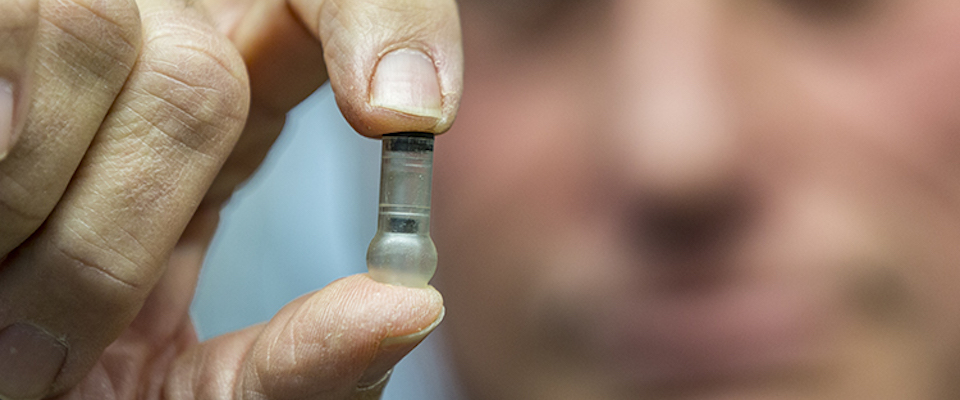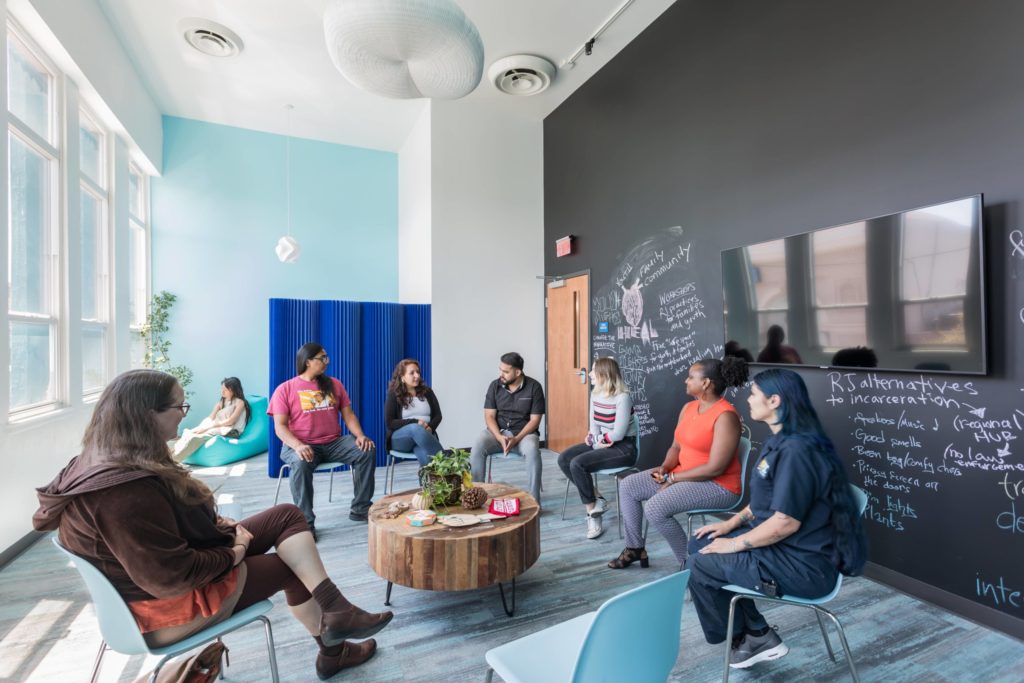“Screw the system” was a prevailing theme of Friday’s talks at Uncharted: The Berkeley Festival of Ideas. Several speakers indicted the status quo for inflicting criminal, economic and political injustice, and called for the dismantling and then reconstruction of those systems to create a fairer society.
Take, for example, the forum “Criminal Justice 2,” where UC Berkeley free speech lecturer and lawyer William Turner spoke with Judge Alex Kozinski. “Everyone here is being taught that we have the best criminal justice system in the world, that it is heavily weighted to ensure that we only convict the guilty… that it’s accurate, that we use methods that are fair, that we use science and it’s reliable,” Kozinski said. “But it turns out, years of experience show that is not necessarily the case. Much of what we think we know about our justice system, in particular our criminal justice system, is guesswork.”
Eyewitness testimony, always assumed to be the “gold standard” in terms of criminal convictions, is problematic because eyewitnesses “don’t see a damn thing,” Kozinski said. “People not only forget things, but they remember stuff that doesn’t happen.” He added that more than a third of wrongful conviction cases feature eyewitness testimony, that DNA and forensic evidence is often flawed, and that innocent people confess all the time because of confusion, stress, and coercion.
Turner noted that Kozinski had critiqued lethal injection and said it’s time to return to primitive and “foolproof” methods of execution like hanging, the guillotine, electric chair, and firing squad. Turner then paused, looked up from his notes, and asked: “So, um, are you serious?”
“Absolutely,” Kozinski said. “We try to sugarcoat executions a great deal by making it seem like they’re going to sleep, that it’s pleasant. But it’s not. It’s brutal. It’s a barbaric act. I personally think sometimes it’s deserved, but we as a society need to know what we’re doing….We ought to come face to face with the fact that we as a society are spilling human blood. If you’re not comfortable with that, vote against it.”
This thread of criminal justice reform continued to weave through “Liberty and Drugs,” a conversation featuring Berkeleyside co-founder Frances Dinkelspiel and founder and executive director of the Drug Policy Alliance Ethan Nadelmann.
“What (the alliance) is trying to do, in one long sentence, is to reduce the role of criminalization and the criminal justice system in drug control as much as possible while still protecting public safety and health,” Nadelmann said. He argued that we need to take a “harm-reduction approach to drugs,” in which we try to help people get clean and offer them counseling rather than lock them up. In fact, he suggested that penalizing people through incarceration can act almost as an incentive for addicts driven to do what is forbidden: “A lot of people who become heroin addicts are like, ‘Fuck the man,’” he said.
Nadelmann added that cigarettes are extremely addictive and unhealthy, and yet people quit smoking them all the time, of their own accord. “We always say with heroin addicts, cocaine heads, the only way they’re gonna get clean is if we have a judge and a drug court hammer them over the heads and threaten them with incarceration if they don’t get clean right now,” Nadelmann said. “Yet, tens of millions of Americans have quit being addicted to the most addictive drug there is without something called a cigarette court or a tobacco court or being threatened with jail or incarceration.”
Concern about unnecessary incarceration popped up again in the session “What’s Next For #BlackLivesMatter,” in which KQED Newscaster Joshua Johnson and BLM movement leader and pastor Michael McBride discussed whether our cultural, political, and criminal justice systems care about preserving only the lives of black people who fit into a white mold—and its irrelevancy for blacks living in poverty.
“All lives of black folk in this country have to matter. Not just the respectable ones, not just the ones that make white folk feel comfortable. And this, I think, is the greatest contribution of this movement. And it’s a great challenge for progressive culture, progressive politics, progressive sensibilities,” McBride said. “Here in the city of Berkeley, being progressive may not be good for black folk. You can be progressive about anything except for being black and poor….It is the poorest of the poor that continue to find themselves at the center of any meaningful conversation about the value and dignity of lives, not only in this country, but particularly across the world.”
When Johnson asked McBride whether people in the Bay Area actually do believe black lives matter, the pastor said, with no hesitation, that they do not.
“If black lives do not matter in the Bay Area in California,” Johnson asked, “what does that mean for our future?”
“Our role is to deconstruct these systems and forces of oppression, and it is not the responsibility solely of the oppressed to destroy systems of oppression,” McBride said.
The festival continues today in downtown Berkeley, sponsored by Berkeleyside.



















